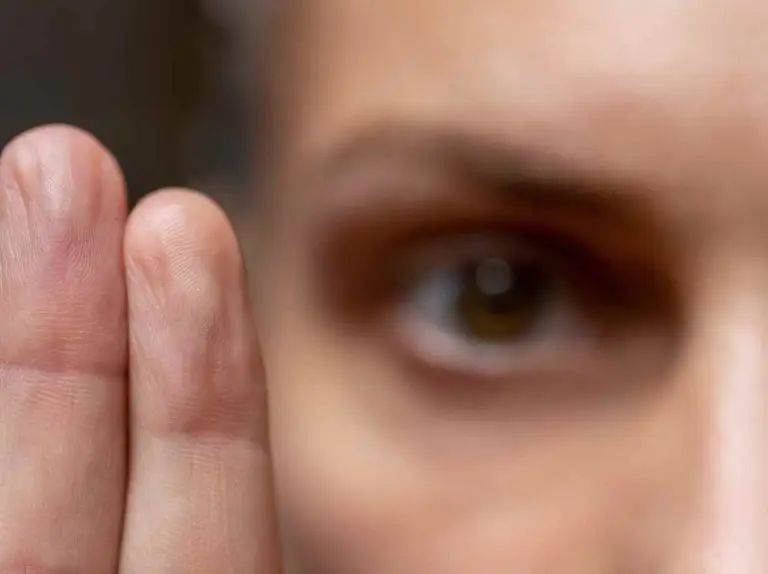

EMDR therapy is one of the exciting new tools Addiction is a complex and multifaceted condition that often stems from underlying trauma, unresolved emotions, and maladaptive coping mechanisms. Traditional addiction treatments focus on addressing substance use behaviors and patterns, but often overlook the psychological and emotional roots that contribute to addictive behaviors.
Eye Movement Desensitization and Reprocessing (EMDR) therapy offers a unique and effective approach to addiction recovery by helping individuals process traumatic experiences, rewire maladaptive thought patterns, and heal emotional wounds that fuel addictive behaviors. In this blog, we’ll explore how EMDR therapy can aid in addiction recovery and unlock the path to lasting sobriety and wellness.
EMDR therapy is a specialized form of psychotherapy that was originally developed to treat individuals with post-traumatic stress disorder (PTSD). It involves a structured eight-phase approach that incorporates bilateral stimulation (e.g., eye movements, hand tapping, auditory tones) to help individuals process traumatic memories and reframe negative beliefs. EMDR therapy aims to facilitate the brain’s natural healing processes by reprocessing distressing experiences and integrating them into adaptive memory networks.
One of the key benefits of EMDR therapy in addiction recovery is its ability to address trauma and underlying psychological issues that contribute to addictive behaviors. Many individuals struggling with addiction have experienced traumatic events or adverse childhood experiences that have left lasting emotional scars. These unresolved traumas can fuel self-destructive behaviors and serve as triggers for substance use.
EMDR therapy provides a safe and structured framework for individuals to process traumatic memories, reduce distressing symptoms, and gain insight into the connections between trauma and addiction.
Addiction often involves distorted thinking patterns and negative beliefs about oneself, others, and the world. These maladaptive thought patterns can perpetuate addictive behaviors and undermine recovery efforts.
EMDR therapy helps individuals identify and challenge these negative beliefs by fostering cognitive restructuring and reframing. Through the process of reprocessing traumatic memories and integrating positive cognitions, individuals can develop healthier perspectives and coping strategies that support sobriety and well-being.
EMDR therapy has been shown to be effective in reducing cravings and lowering the risk of relapse in individuals recovering from addiction. By addressing the underlying emotional triggers and distressing memories associated with substance use, EMDR therapy helps individuals develop healthier coping mechanisms and increase their resilience to relapse triggers. Additionally, EMDR therapy can help individuals build self-esteem, self-efficacy, and a sense of empowerment that are essential for maintaining sobriety in the face of challenges.
Addiction often co-occurs with difficulties in emotional regulation and stress management. EMDR therapy teaches individuals practical skills and techniques for managing emotions, reducing anxiety, and enhancing relaxation. Through bilateral stimulation and guided imagery, individuals learn to self-soothe and regulate their nervous system responses, reducing the need for substances as a coping mechanism.
EMDR therapy offers a powerful and transformative approach to addiction recovery by addressing trauma, reprogramming negative beliefs, and promoting emotional healing. By unlocking the underlying emotional roots of addiction and empowering individuals to rewrite their stories, EMDR therapy opens the door to lasting sobriety, wellness, and fulfillment.
If you or someone you know is struggling with addiction, consider exploring EMDR therapy as part of a comprehensive treatment plan. With compassion, support, and dedication, recovery is possible, and a brighter future awaits on the path to healing and transformation.
If you are searching for a trusted Hilton Head drug rehab, choose Southern Sky Recovery. We offer a variety of addiction treatment programs that are personalized to your unique needs.
7 Best Tips For A Relapse Prevention Plan
8 Tips To Overcome Recovery Resistance
Setting Healthy Boundaries in Relationships










Copyright © 2023 Reach Out Recovery Services LLC | Terms and Conitions |. Site by Quadshot Digital